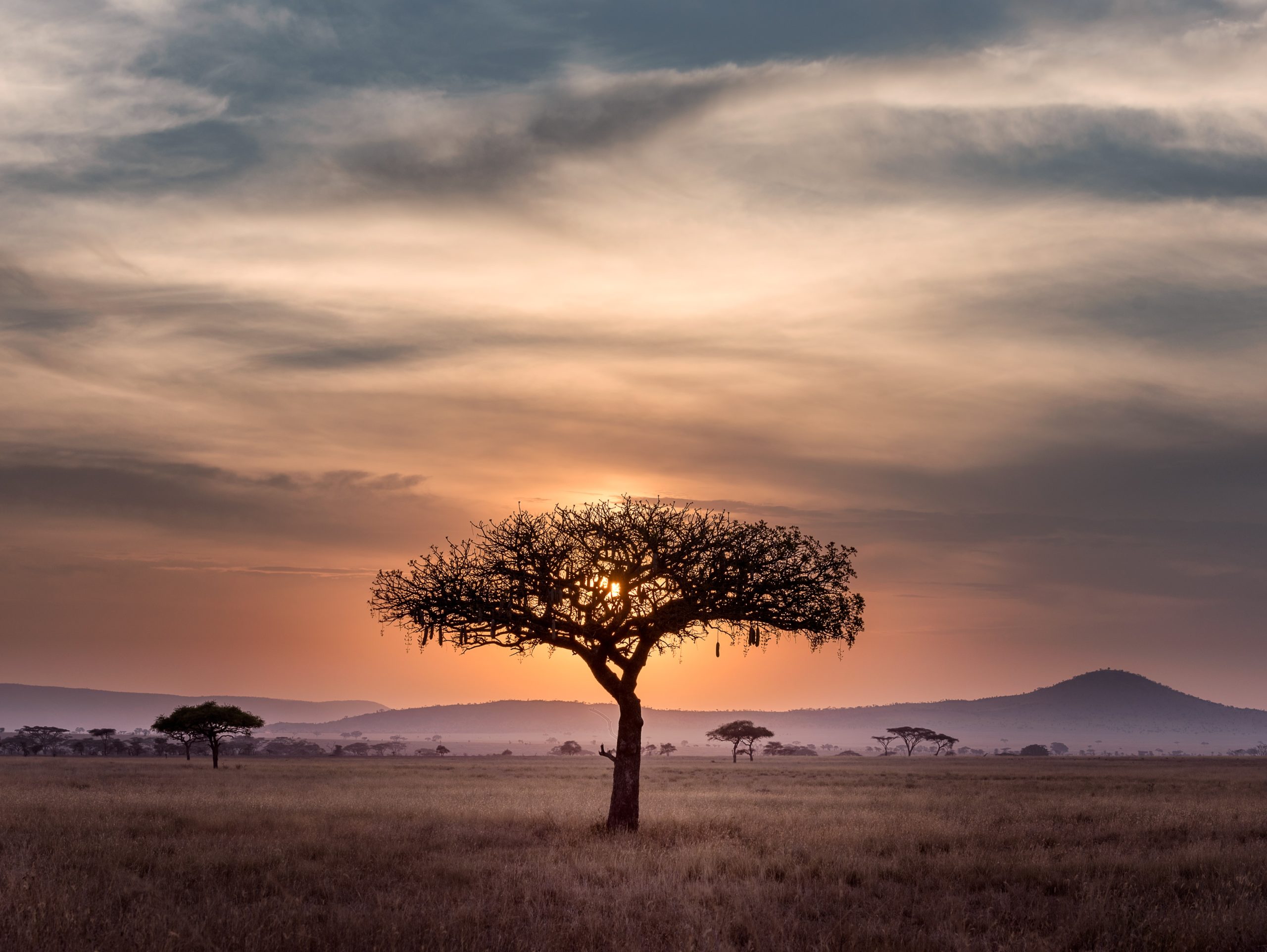Last week Vertigo Ventures exhibited and spoke at the three-day AESIS Impact of Science Conference, delivered from Cape Town, South Africa.
Drawing 350 participants – predominantly from the host country but including Europe, wider Africa, North America and Oceania – the event covered ground from strategies to implement impact at an institutional level through to transdisciplinary approaches for excellence.
Background on African Universities and Impact
African universities are underrepresented on the global impact stage. Despite accounting for roughly a sixth of the world’s population, just 66 of the 1,117 universities that constitute the Times Higher Education (THE) Impact Rankings 2021 are from Africa, with nearly half of those drawn from Egypt’s pool of 43.
Only 5 of these are South African (out of a total of 26), although the University of Johannesburg is highest-ranking from the continent at 92, with Egypt’s Aswan the only other African university to feature in the top 100 worldwide at 95. The continent is further represented by Algeria, Ghana, Kenya, Morocco, Nigeria, Sudan, Tanzania and Tunisia.
Some of the challenges facing the universities became clear over the course of the event. Our learnings included:
1. African Research Is Constrained by Lack of Funding
One of the challenges that emerged at the Impact of Science conference was around funding – across Africa, less than 1% of each country’s GDP is spent on Research & Development (R&D); South Africa had the highest at 0.89% in 2006.
Despite this, South Africa is a leader in fields such as nanotechnology, astronomy and infectious diseases, with researchers and institutions across many other African countries carrying out pioneering work.
2. Policy Has a Pivotal Role to Play in Improving Access to Funding
In a survey conducted over April and May by Vertigo Ventures, a common challenge was reported by institutions in Australia and the UK around access to funding, and slow progress towards the UN’s Sustainable Development Goals (SDGs) because of issues such as budget cuts for international collaboration. Many respondents believed that policy could be better aligned to the SDGs.
Similar policy challenges regarding funding an their alignment to the UN SDGs were repeatedly flagged as being critical to raising funds for research projects.
3. Impact Is on the Agenda but Still Has a Way to Come
With 66 African universities featuring in the Impact Rankings, and various projects underway to better integrate impact into activities across the continent, impact is recognised as a pathway towards SDG progress.
However, adoption of impact within institutional strategies still varies and needs to become much more forthright in order to maximise the potential of research across the continent. The challenge is exacerbated by the widely differing global definitions of impact. Although knowledge exchange and community engagement now appear on funding applications, they still only contribute a small amount of the total score.
4. Collaboration Can Improve the Impact and Visibility of African Research
Collaboration and collective working were two prevalent themes throughout the conference, not just with respect to strategies for achieving the UN’s SDG targets, but also in terms of providing African research with the support it deserves in order to properly flourish internationally.
Disparity in appreciation between research undertaken by African academics compared to those from other regions, such as Western Europe, continues to be a major challenge. Researchers from Africa with equivalent expertise to their international counterparts would experience less engagement, for example.
One solution identified was to co-author publications with contributors from other global regions. However, it is clear that collaboration based on quality rather than perceived prestige is a goal with far greater potential returns for African research.
Furthermore, publishing projects for public appreciation can pave the way to more funding opportunities outside of those provided by national frameworks and programmes.
5. African Research Should be Enabled, not Vetted
Participants pointed out that in several cases, African researchers would seek external approval for their work from academics from other countries, before publishing this more widely – which can take time. In order to speed up SDG progress, there needs to be a way to demonstrate the objective impact rather than the perceived prestige of this work.
6. Achieving the SDGs Will Depend on African Expertise
With so much research talent and leadership across Africa, including fields such as nanotechnology identified within South Africa, the cost of failing to fully integrate this into global SDG progress is enormous.
Democratising research is essential – African research should be recognised in the same way as in other regions, and this needs to be achieved through providing internationally-standardised ways of capturing and reporting on impact.
Several respondents to the Impact Survey, as well as speakers across the AESIS conference, believe that there is too much focus on local impact and not enough on international impact. A unified approach must be adopted to solve the global challenges that the SDGs seek to address.
JOIN OUR MAILING LIST
and keep up-to-date with everything impact related.

